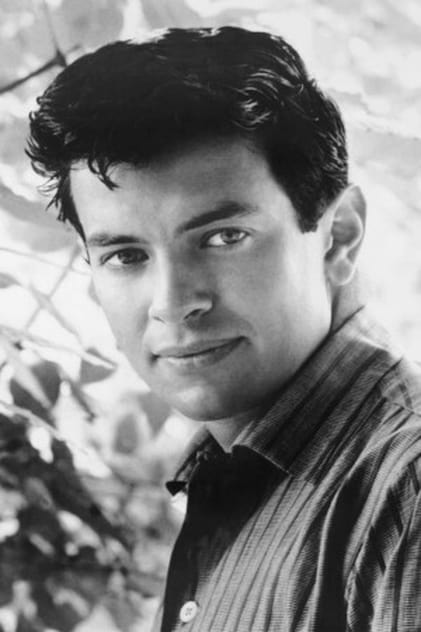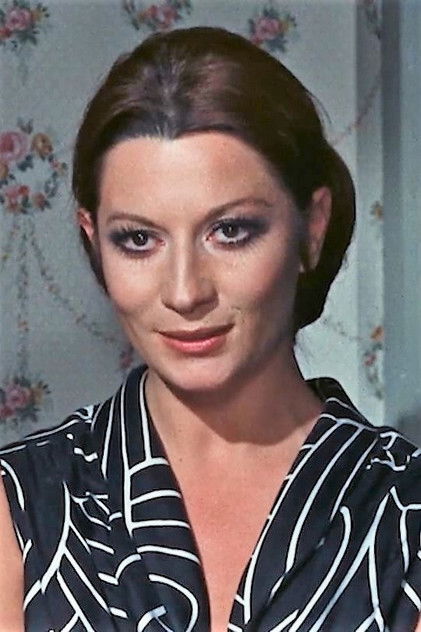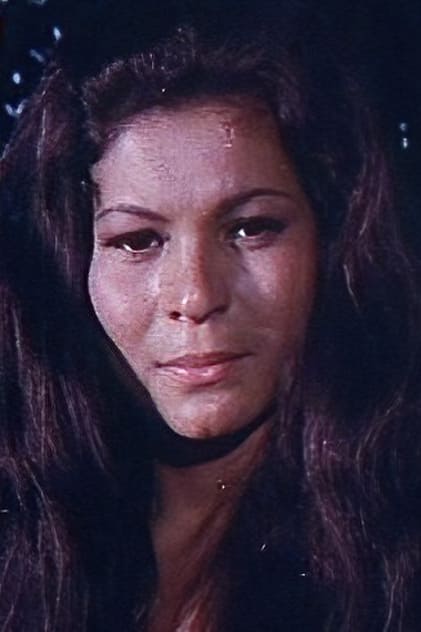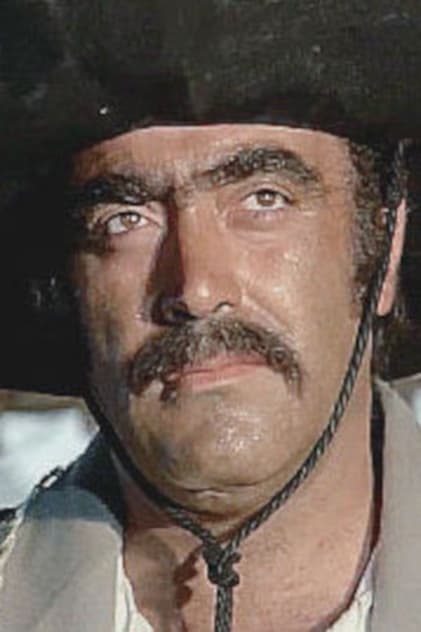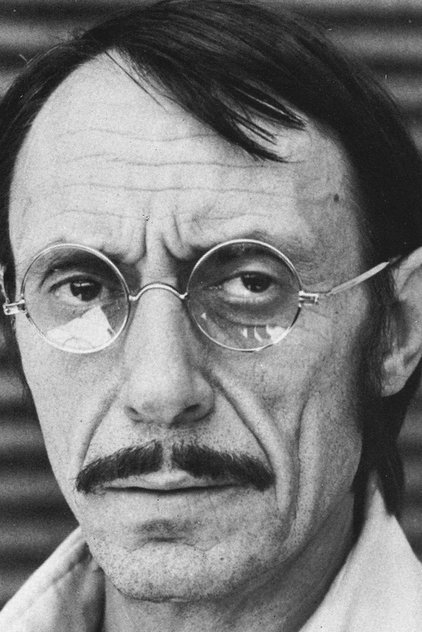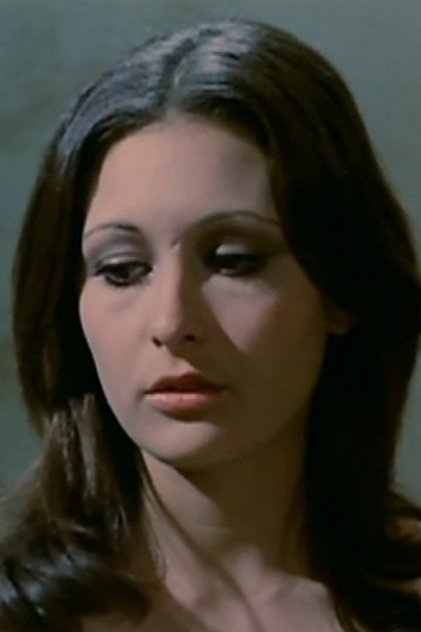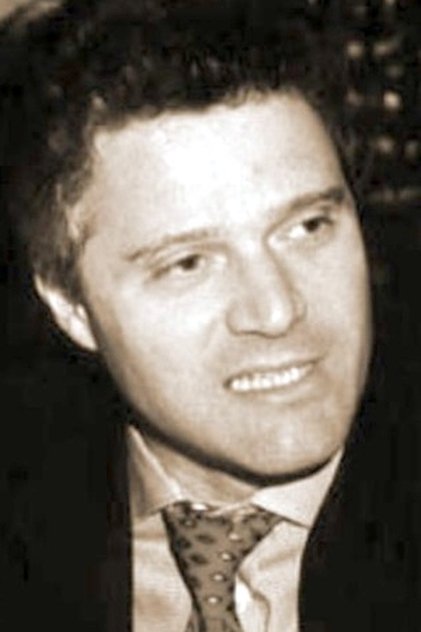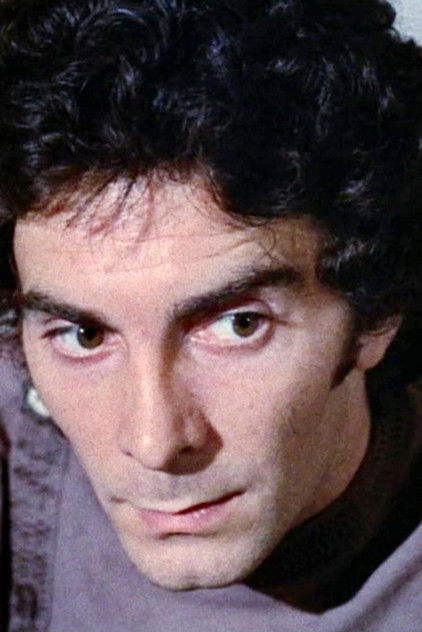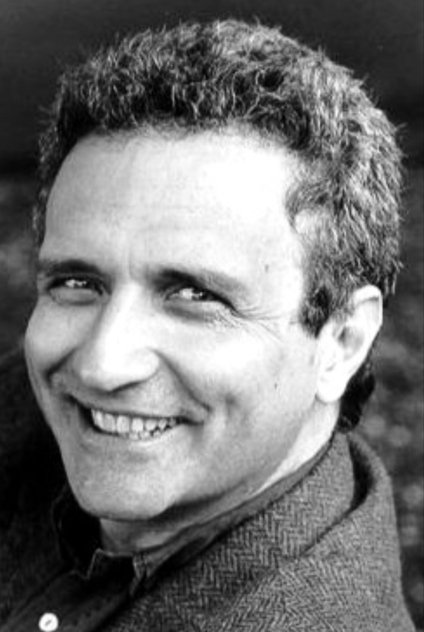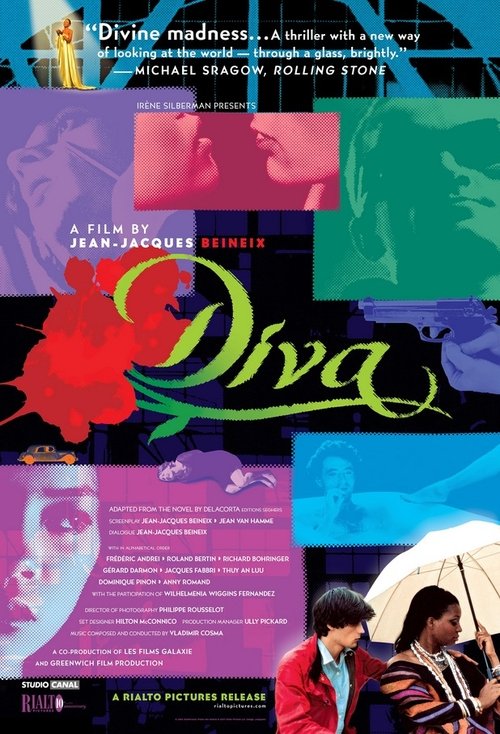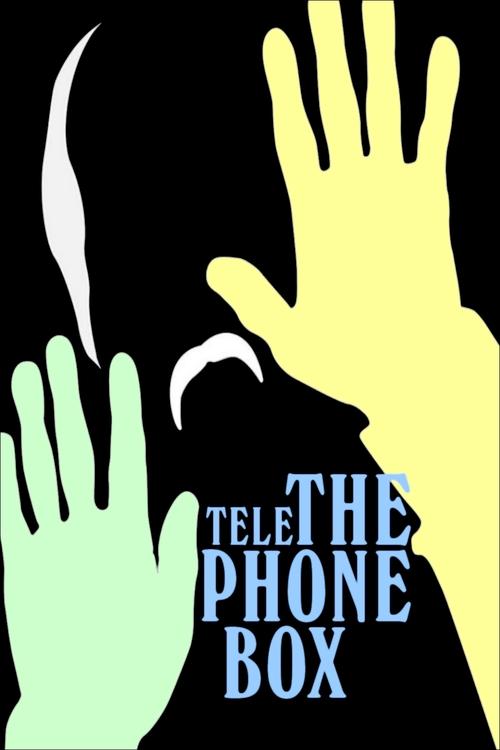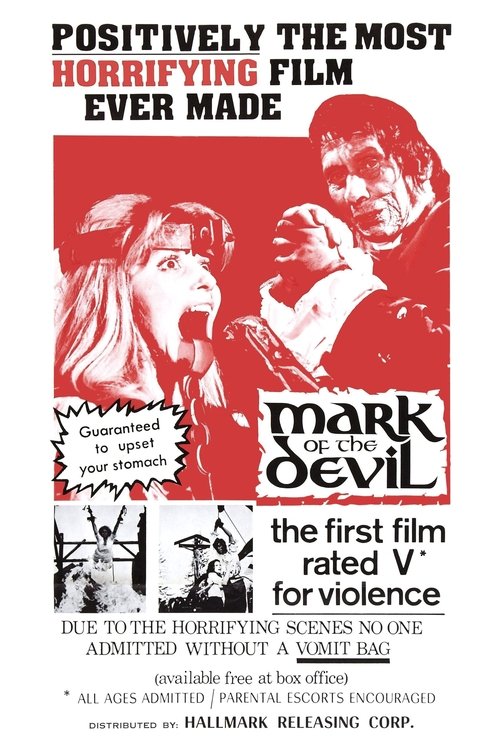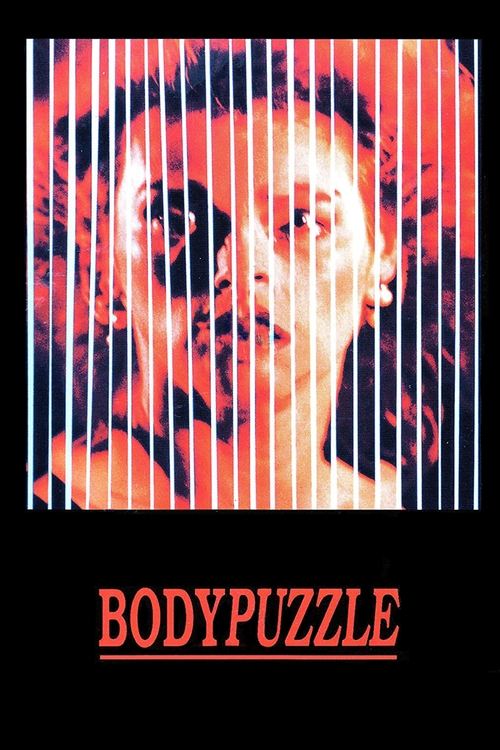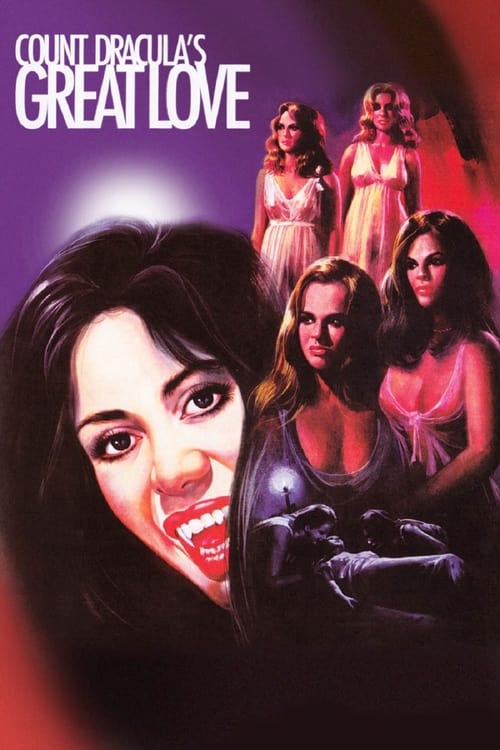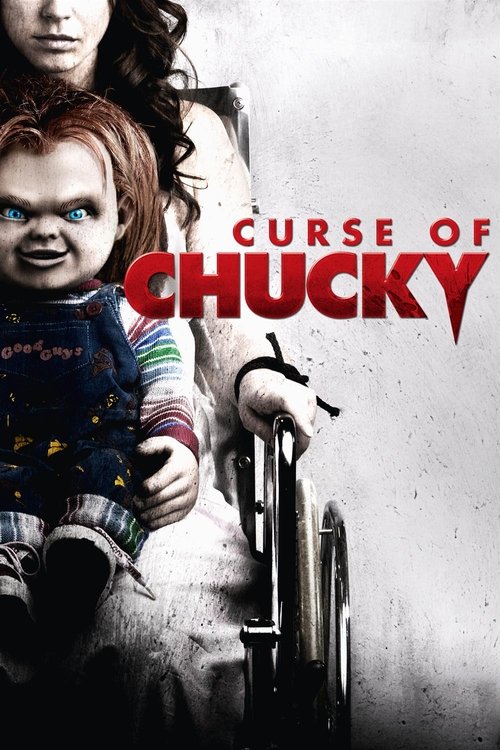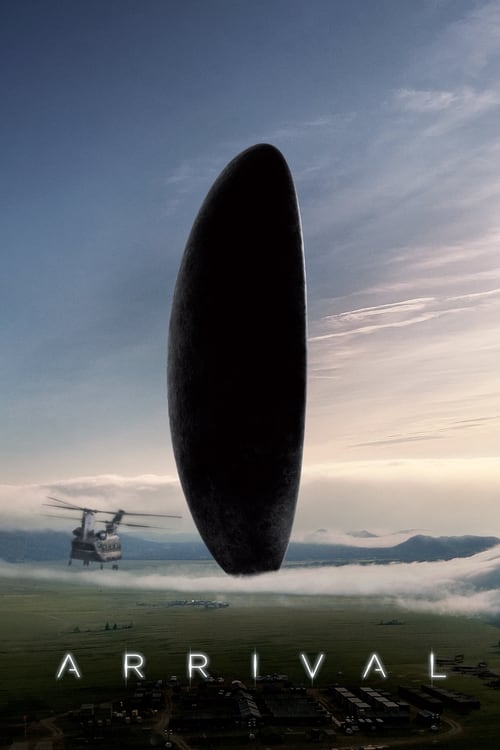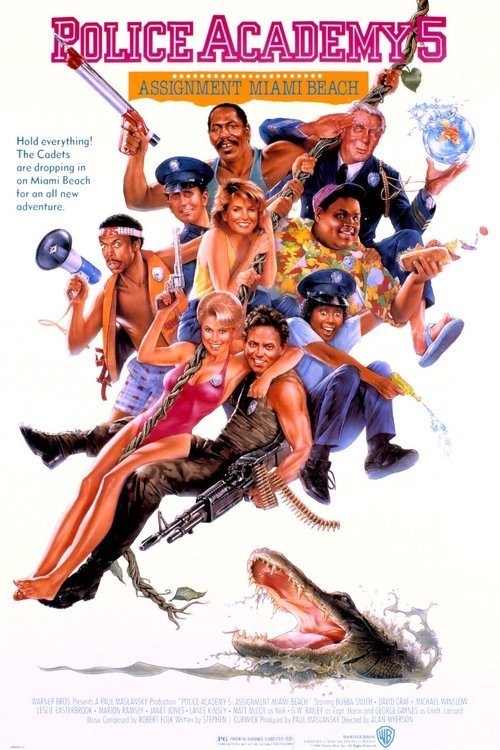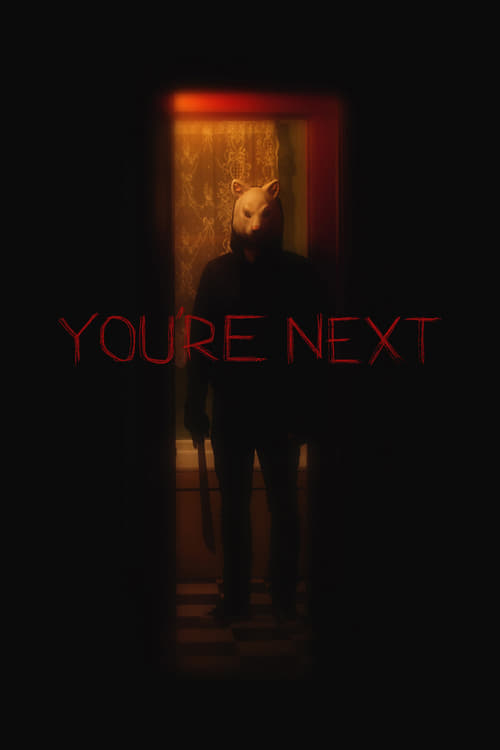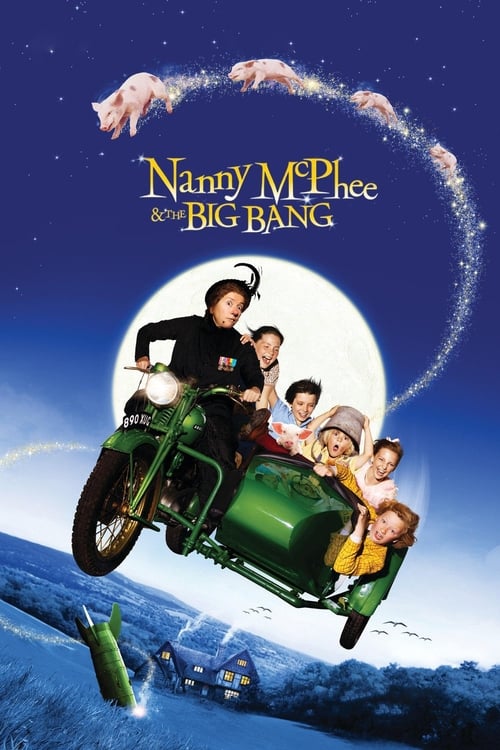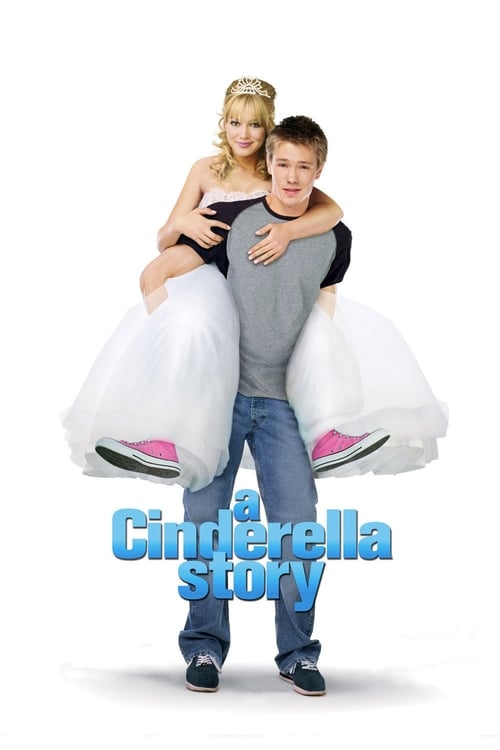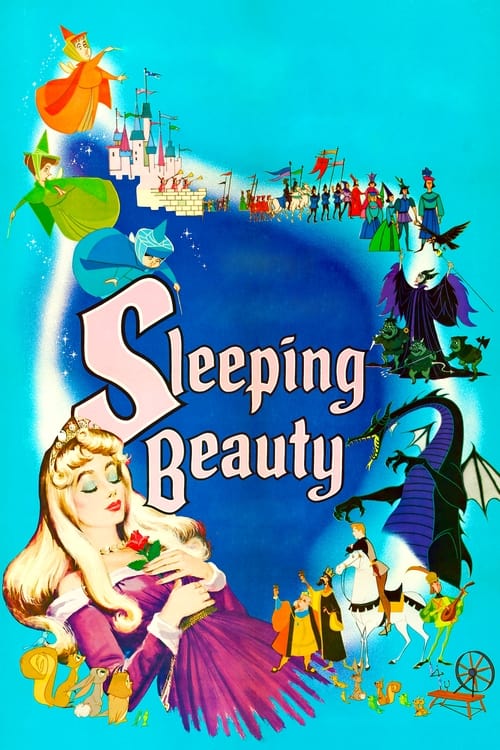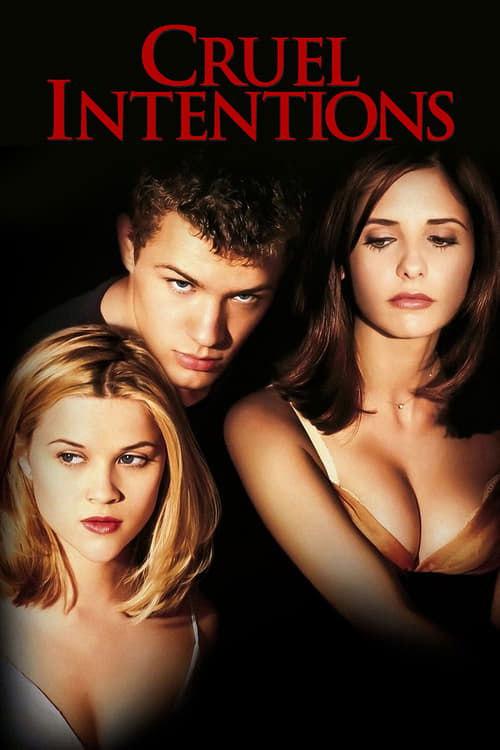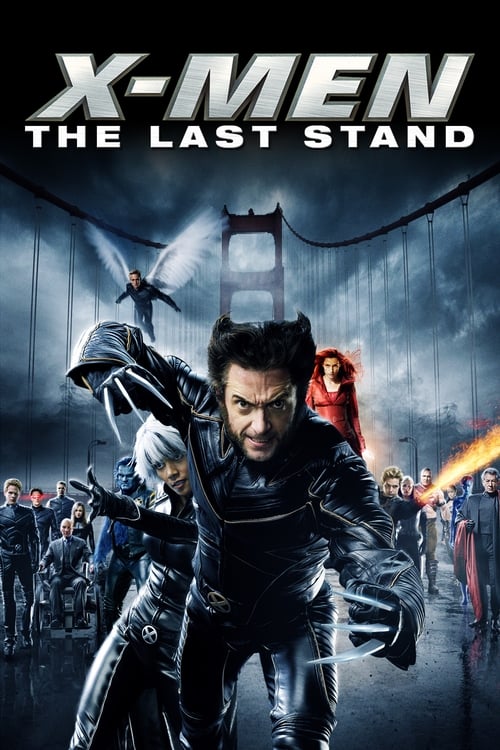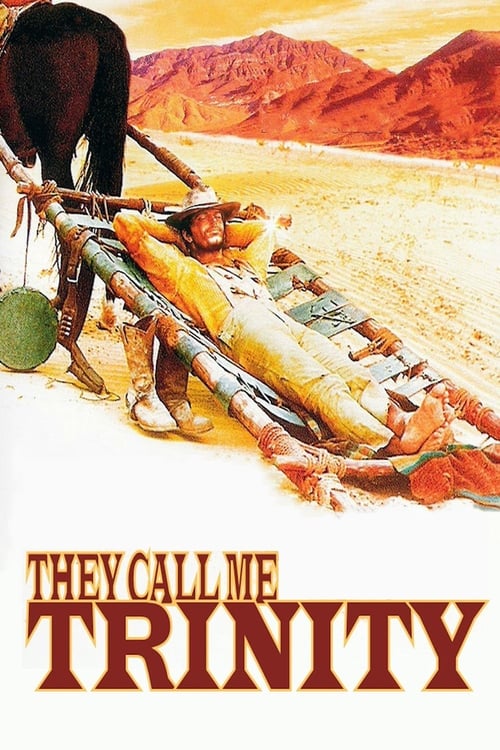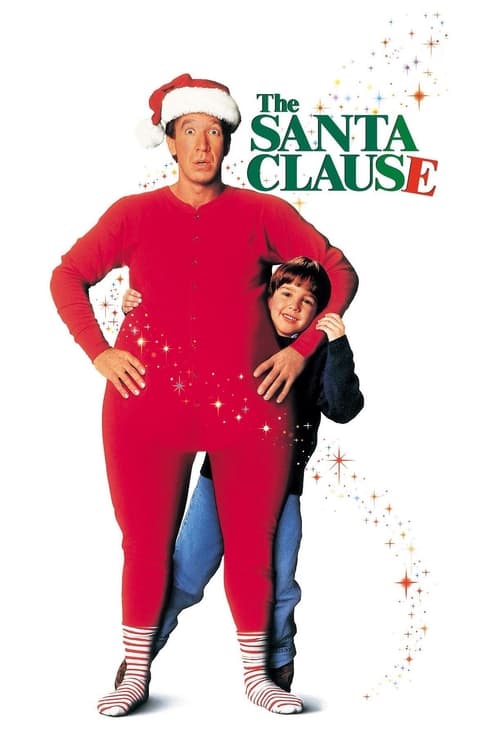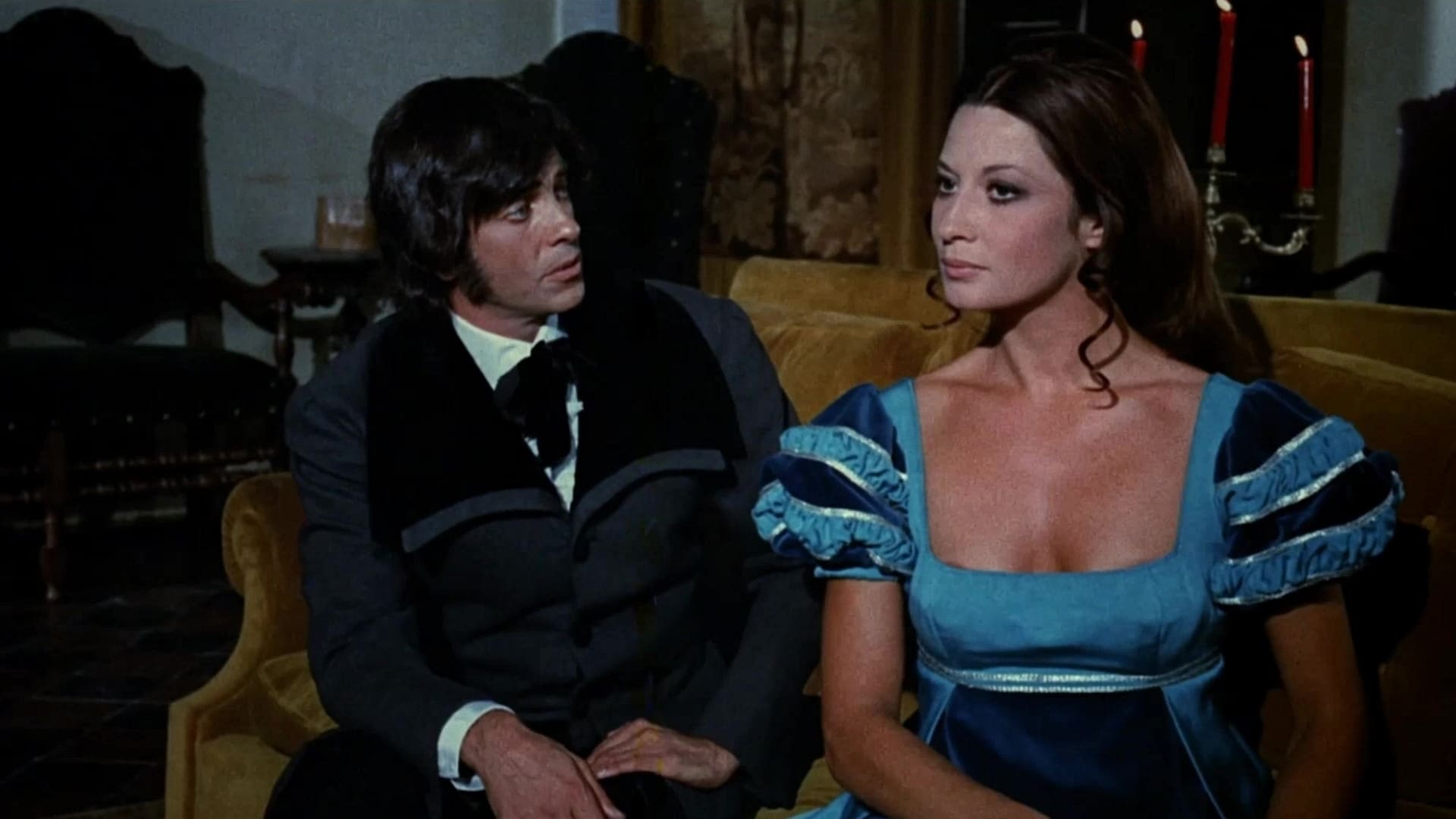
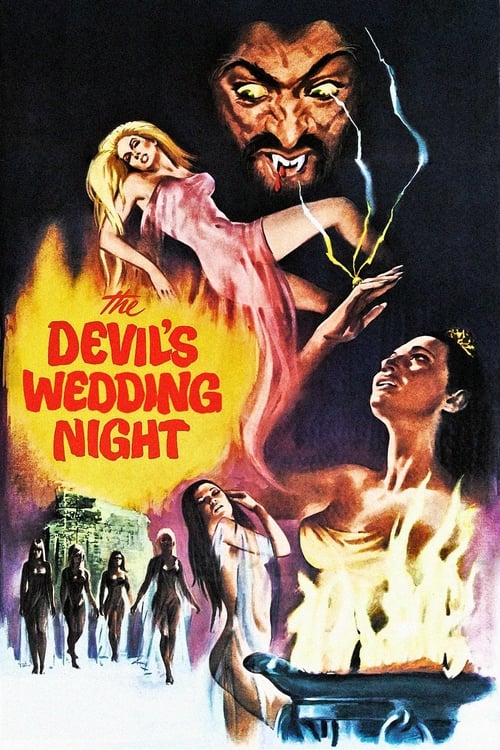
1973
·83m
The Devil's Wedding Night
Summary
The 1800s: scholarly Karl Schiller believes he's found the ring of the Nibelungen, which holds great power. It's at Castle Dracula. His twin, Franz, a gambler, asks if vampires frighten Karl; Karl shows him an Egyptian amulet, which may protect him. Franz takes the amulet and sets out ahead of his brother, arriving at the castle first. There he finds a countess who invites him to dine. Later that night, Karl arrives. Coincidently, it's the Night of the Virgin Moon, a night that falls every fifty years and draws five virgins from the surrounding village to the castle not be heard from again. Can Karl protect his brother, find the ring, and rescue any of the women?
Director
Joe D'Amato
Director
Luigi Batzella
Dialogue, Screenplay, Story
Ralph Zucker
Screenplay
Alan M. Harris
Story
Ian Danby
Writer
Mark Damon
Reviews
Wuchak
May 6, 2022
**_Countess Bathory, I mean Dracula, uses a gaudy magic ring to draw virgins to her castle_**
Count Dracula is long gone in Transylvania, but a woman has supposedly bought his castle (Rosalba Neri, aka Sara Bay) and there are rumors of virgin sacrifice and lingering vampirism. Into this situation arrive twin brothers from Western Europe looking for the priceless ring of the Nibelungen, one noble and the other ignoble (Mark Damon in a dual role). Horror ensues.
"The Devil’s Wedding Night" (1973) is colorful Gothic horror in the mold of Hammer’s "The Vampire Lovers" (1970) and “Countess Dracula” (1971) mixed with their Dracula flicks, albeit with incoherent Italian filmmaking. It’s the precursor to Coppola’s “Bram Stoker’s Dracula” two decades later with the difference that it was shot in a real European castle and looks it (Coppola’s film was shot entirely on studio sets).
Luigi Batzella directed the film with Joe D'Amato reshooting some scenes. Rosalba said she couldn’t understand Batzella and it seemed like there were two of him going in different directions, which might explain the drug-addled flourishes that some view as artistic. I call it questionable storytelling.
The uncut version naturally has more nudity. For better films of this ilk, see “Lady Frankenstein” (1971) and “The Devil’s Nightmare” (1971).
The full version runs 1 hour, 23 minutes, and was shot in Castello Piccolomini in Balsorano, which is about 50 miles east of Rome, Italy.
GRADE: C
Media
Status:
Released
Original Language:
Italian
Budget:
$0.00
Revenue:
$0.00
